Laser Focus with Purpose

I recently completed a course with Lifehack titled, Laser Focus with Purpose. I wanted to take this course because coaching, both in practices and games, did require Laser Focus and I wanted to learn all I could about the topic.
Upon completing the course, here is my review and feedback. I hope there might be a concept that you may be able to integrate into your work. Thanks to Lifehack.org for providing me with this opportunity.
I am going to divide my study of Laser Focus with Purpose into two categories:
- Concepts I Learned
- Concepts that Complement and Supplement the Learning
Concepts I Learned
- I had no idea that 1 of 3 people live with extreme stress. This knowledge has tremendous implications for leaders.
- We all set clear goals, but I liked the idea of creating Roadmaps with Milestones. I also liked the concept of learning from others. Athletic coaching is a study of constant learning from other coaches.
- I liked negating the idiom, “Time is Money.” I never thought about the fact that you can accumulate money, but time wasted can never be accumulated.
- The Big Picture breakdown of time was a good long range teaching point. 10 minutes only per day equates to 60 days in a lifetime. 2 ½ hours per day equates to 54 WEEKS in a lifetime.
- In my working years, I prided myself on being able to multitask. The idea of sticking with one thing at a time does make more sense.
- Another teaching point is that 2 ½ hours per day on Social-Media does take over a year of your lifetime. What an impact!
- It would be a good thing for all of us to remember that due to the internet and texting, we are available 24/7. We must put up some stop signs!
- The average person receives 16 notifications per hour. Decide if you are going to answer them immediately or wait until you are less busy.
- Realize that notifications can become a major obstacle to your focus.
- Focus on completing one task, then respond to messages. Only after the task is completed do you respond to messages.
- Distinguish between short-term and long-term time expenditures. The tendency is to spend too much time on short term expenditures.
- To help evaluate a task, utilize the designation: MUST HAVE; SHOULD HAVE; GOOD to HAVE.
- Through my working years, I did a DAILY to-do list. I like the idea of doing planning on a weekly basis. I think this format would lead to staying away from the minutiae.
- The average adult maintains focus for 15-20 minutes. I thought it would be longer.
- The average human attention span is 8 seconds. Again, I thought it would be longer.
- I appreciated the concept that focus is a flow. Failure is a bump in the road and after success keep moving.
CONCEPTS that COMPLEMENT the LEARNING
- “Time is finite and precious.” There is only so much of it. Then the learning took us to time expenditures and investments. “Quiet time” was not examined. I think quiet time is a major investment.
- Quality time is extremely important today. Our work can overwhelm us. It may be a good idea to schedule time for your children and spouse right alongside your business schedule. It is true that when people die, they don’t say, “I wish I had spent more time at the office.”
- Some thoughts on Distractions
-
- When a colleague comes to you with an idea and if you elect to discuss that idea, it could take 2 hours of your time. Instead, tell him you might have a good idea here; write it down, get it to me, and then we’ll discuss it. This forces him to synthesize and crystalize his thinking and writing.
- A professor at Notre Dame wrote, “I complained that for 25 years I could get nothing done at work because of the interruptions. Then in my 26th year, I realized the interruptions were my work.”
- “People are more important than things.” This statement complements the above point. Interruptions can be very different. When someone comes to you with a legitimate problem, it is a good idea to put away the “thing” you are doing and give him your full attention.
4. “Distractions take time and energy away.” A good friend who has authored 18 books on mathematics teaches at Temple University. When he teaches the same math class in a regular class setting versus remotely, the results might surprise you. The students taking the course online consistently score higher on the exams than those in the actual class. Ray’s theory is that the online students do not have the distractions the in-class students have.
5.“Prioritze like a pro.” It was stated that business leaders prioritize well. So do athletic coaches. Both sectors must first teach the fundamentals.
6. When it comes to time limits, I hope preachers take this course! I cannot count the number of times clergy homilies go on and on! A good priest friend limits his sermons to 7 minutes and he is a most effective speaker.
7. I love Deadlines, especially when it comes to meetings. Leaders should set a time-limit at meetings and adhere to it. I love this definition of meetings, “Meetings are people sitting around TALKING about things they should be DOING!”
8. George Burns wrote, “To be a quality speech, it must have a strong beginning and a strong ending and the closer the two are together, the better.” When your Focus program teaches that the average human attention span is 8 seconds, that is a great teaching point for all speakers!

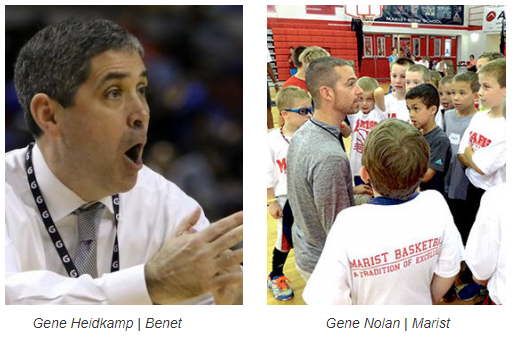
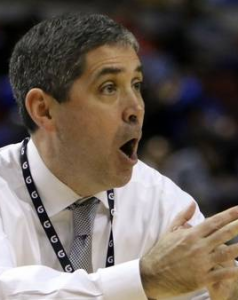
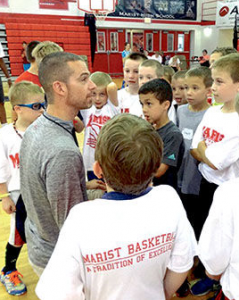
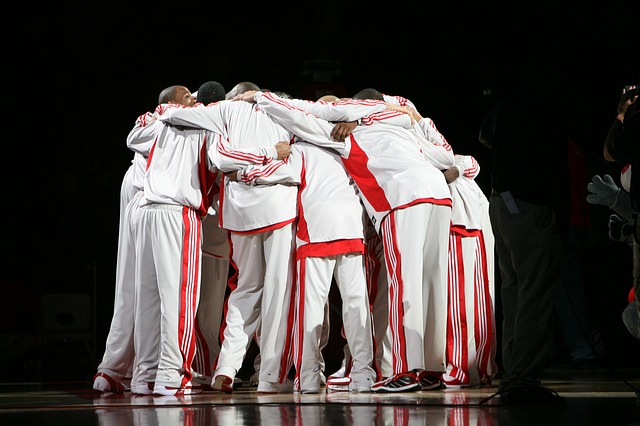


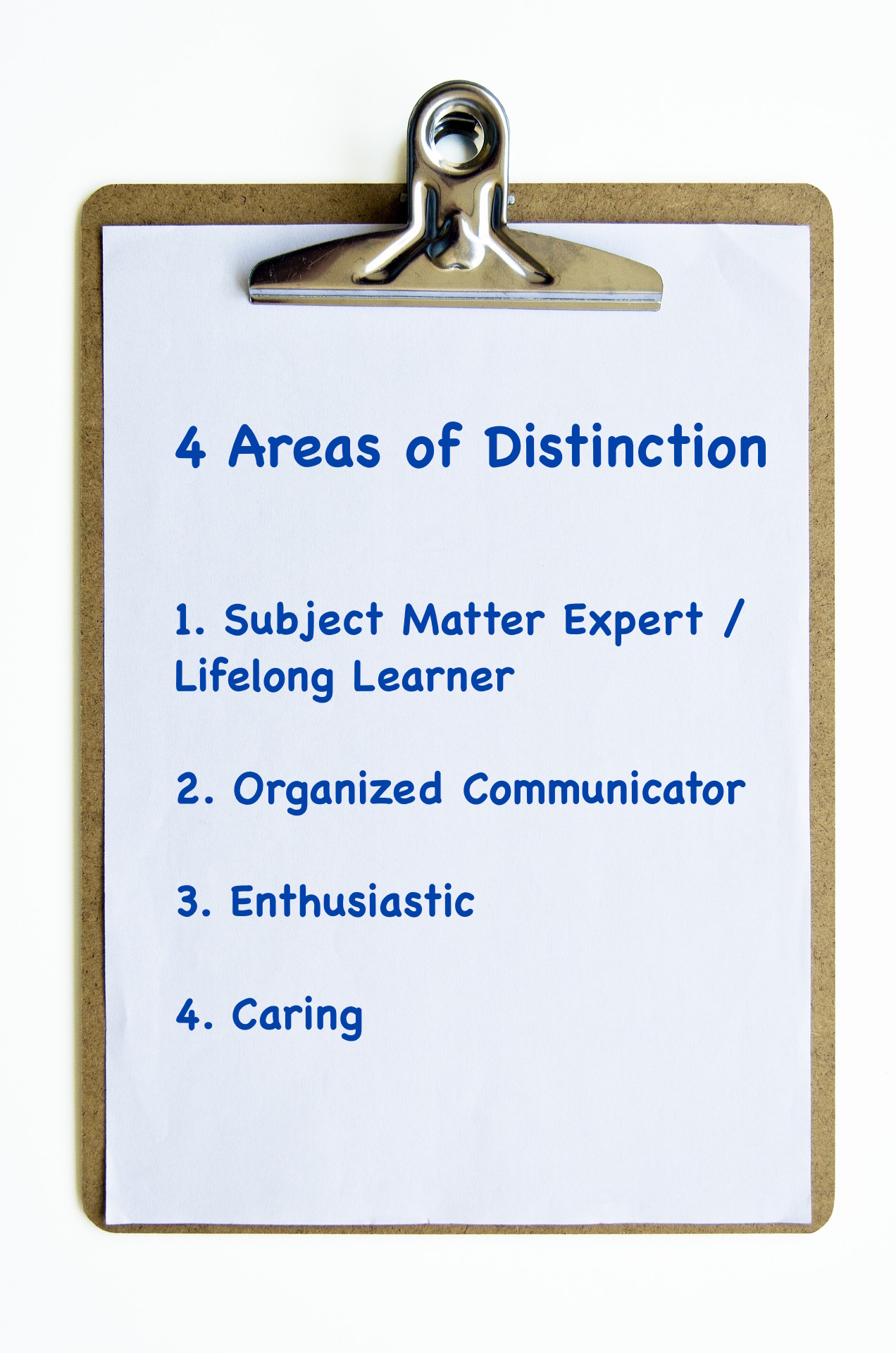
 I know we see this in the athletic arena. When we have excellent teams, we attract bigger crowds. Although people won’t pay for average, they will pay for excellence.
I know we see this in the athletic arena. When we have excellent teams, we attract bigger crowds. Although people won’t pay for average, they will pay for excellence.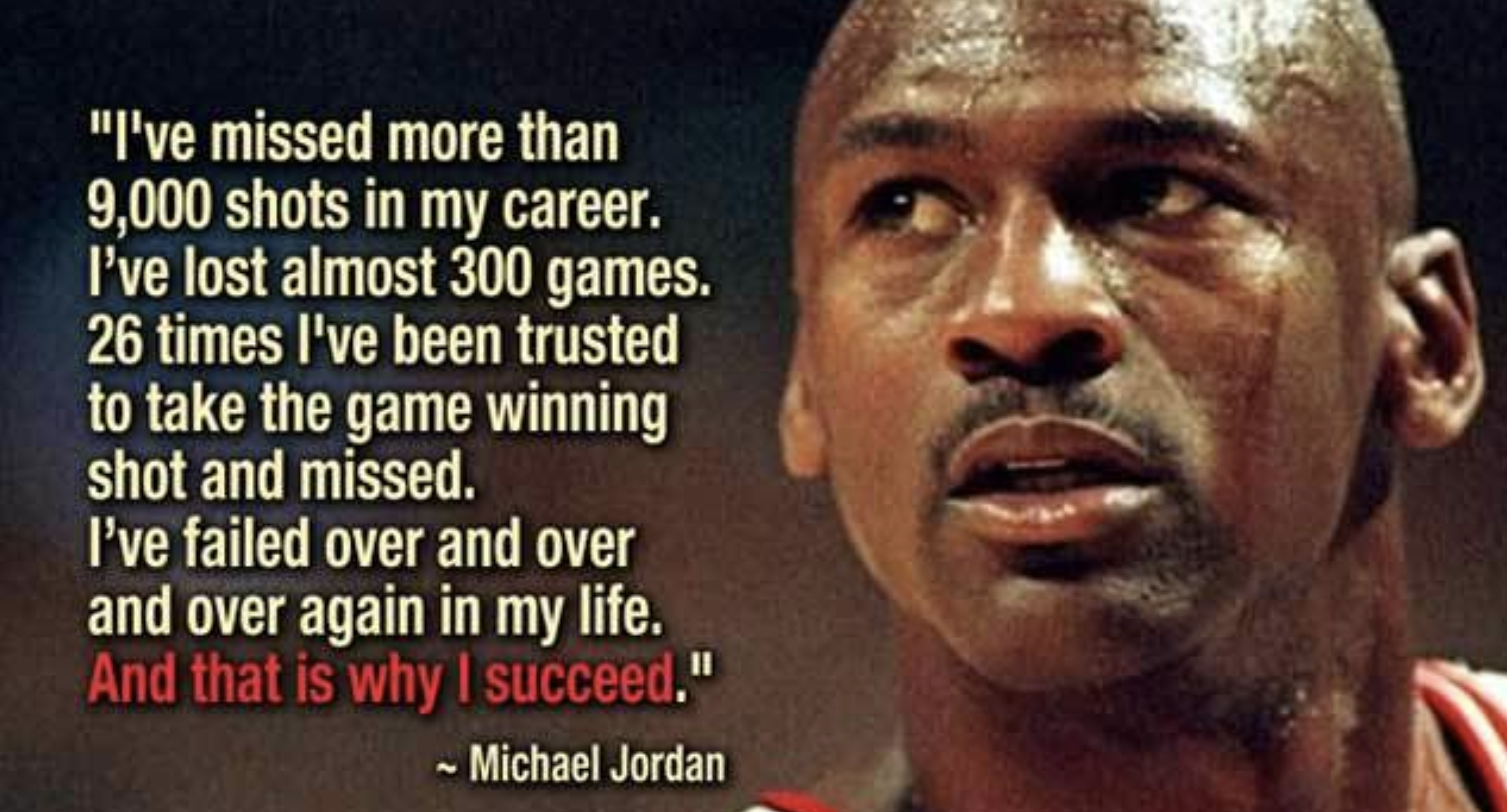
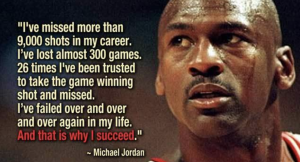 Failure is a part of life. I believe all of us meet Failure in our lifetime – both personally and professionally – and the sooner we learn how to deal with it the better.
Failure is a part of life. I believe all of us meet Failure in our lifetime – both personally and professionally – and the sooner we learn how to deal with it the better.
 Ben Zobrist of the Chicago Cubs gets “it.” I cannot explain what “it” is but I believe I know it when I see it.
Ben Zobrist of the Chicago Cubs gets “it.” I cannot explain what “it” is but I believe I know it when I see it.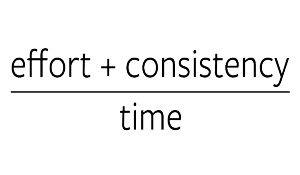
 John Wooden, the legendary UCLA coach, had two interesting thoughts on success. Both revolved around work. First, he often said, “There is no substitute for hard work.”
John Wooden, the legendary UCLA coach, had two interesting thoughts on success. Both revolved around work. First, he often said, “There is no substitute for hard work.”
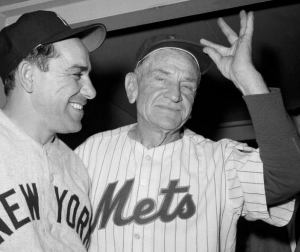 Lady Astor told Winston Churchill that if she was his wife, she would put poison in his coffee. Churchill’s response was, “If I were your husband, I’d drink it.”
Lady Astor told Winston Churchill that if she was his wife, she would put poison in his coffee. Churchill’s response was, “If I were your husband, I’d drink it.”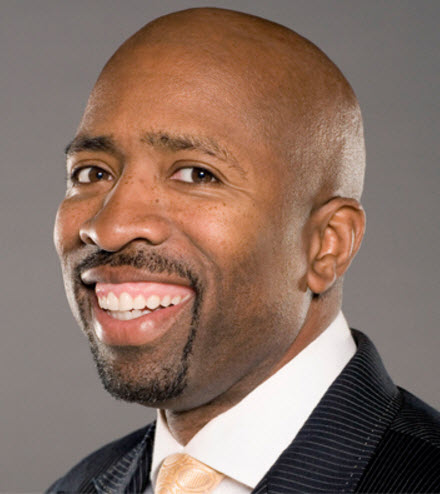
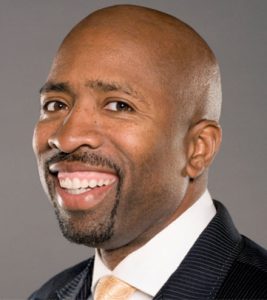 I attended numerous basketball clinics during my 44 years of coaching that sport and saw both sides of this equation. I heard coaches with big names disappoint and listened to “no name” coaches who were the best teachers at the clinics.
I attended numerous basketball clinics during my 44 years of coaching that sport and saw both sides of this equation. I heard coaches with big names disappoint and listened to “no name” coaches who were the best teachers at the clinics.